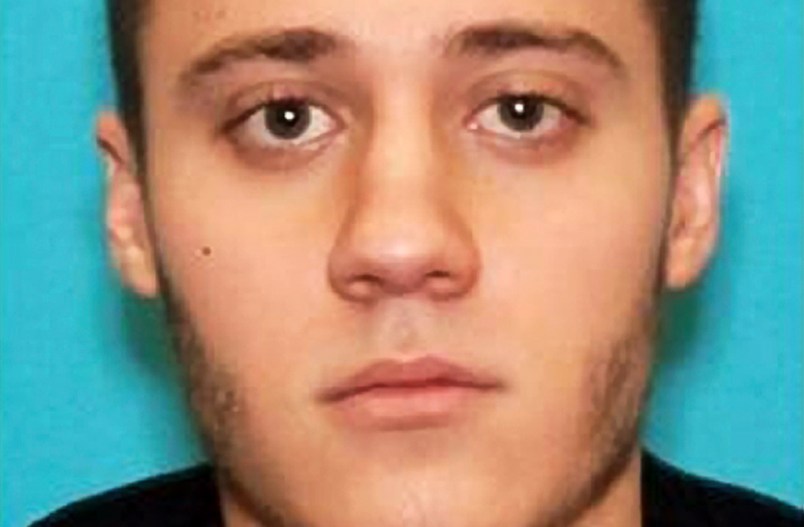LOS ANGELES (AP) — The case against the man accused of a deadly shooting rampage at Los Angeles International Airport could face significant delays because prosecutors are seeking the death penalty.
The decision announced Friday means that Paul Ciancia may not face a jury in 2015, as a judge wants.
Lawyers were expected to discuss a trial date Monday during a hearing in U.S. District Court.
Prosecutors said in court papers that they would seek a death sentence because Ciancia intentionally targeted federal employees and terrorized passengers and airport workers.
Ciancia, 24, has pleaded not guilty to murder and other charges in the killing of Transportation Security Administration Officer Gerardo Hernandez, 39, and the wounding of three other people at LAX on Nov. 1, 2013.
At a previous hearing, Judge Philip Gutierrez said he wanted to hold the trial in 2015.
“I’m not waiting,” he said at an August hearing.
But Federal Defender Hilary Potashner warned that her team may not be prepared because of the mountain of evidence turned over by prosecutors. At the time, prosecutors said they had disclosed 10,000 pieces of evidence, 150 DVDs of material and were still interviewing people in Ciancia’s hometown of Pennsville, New Jersey.
Death penalty cases are more complex because lawyers have to prepare for guilt and penalty phases and that often involves intensive digging for information from people who knew the defendant, even dating back to childhood.
Lawyers are at the mercy of the judge and hope to be given the time to do the legwork, said attorney Marilyn Bednarski, a former federal defender not involved in the case.
“There’s often a serious psychiatric component to these cases,” said Bednarski, who represented Buford Furrow, a white supremacist who killed a Filipino postal worker and wounded five people in a 1999 shooting at a Los Angeles Jewish community center. “It’s just not normal behavior. Often people are terribly mentally ill and those things take a long time to investigate.”
Federal death penalty cases are relatively rare.
U.S. prosecutors have sought the punishment about 500 times since the federal death penalty was reinstated in 1988, said Richard Dieter, executive director of the Death Penalty Information Center. During that time, there were 79 death sentences, but only three people have been executed.
Copyright 2015 The Associated Press. All rights reserved. This material may not be published, broadcast, rewritten or redistributed.






